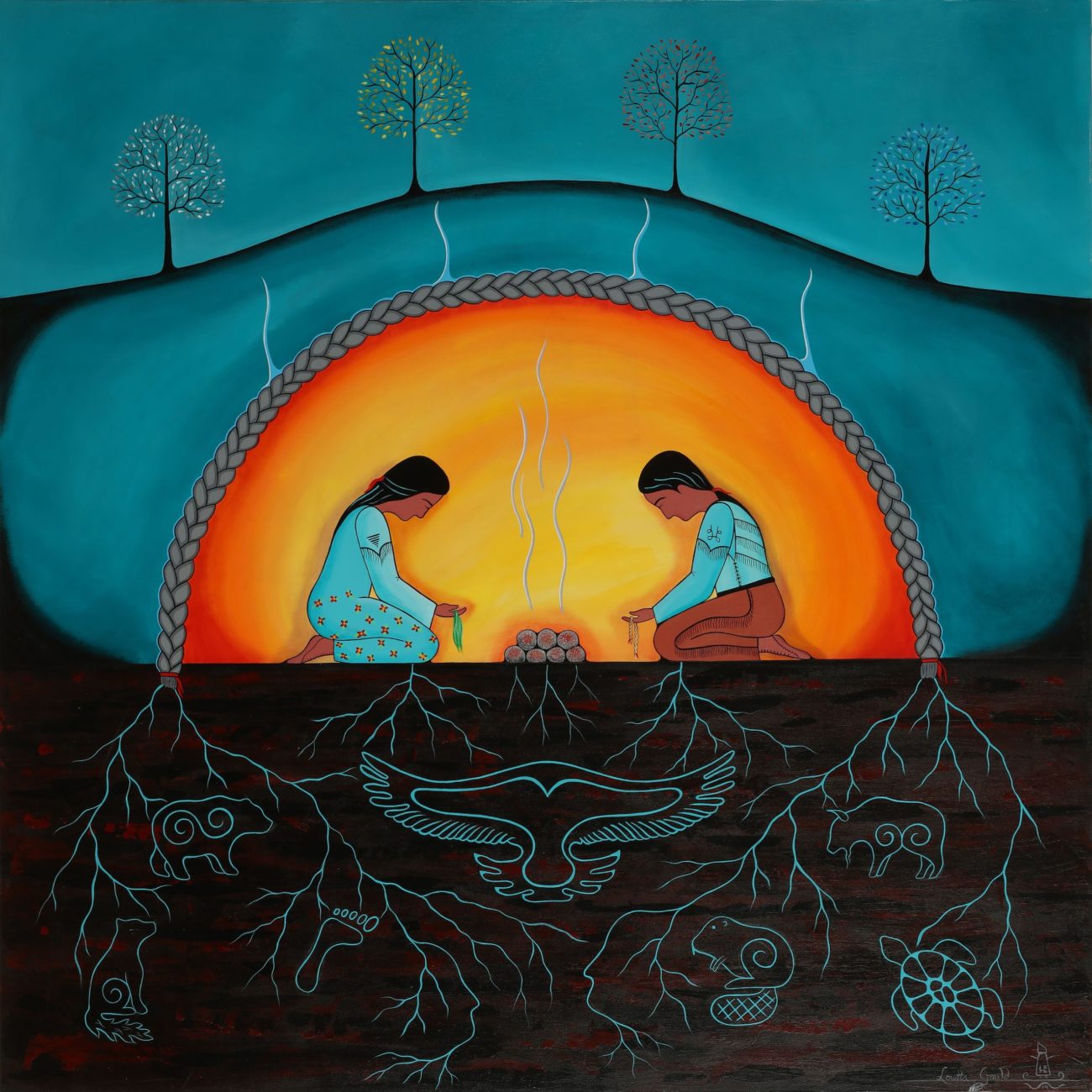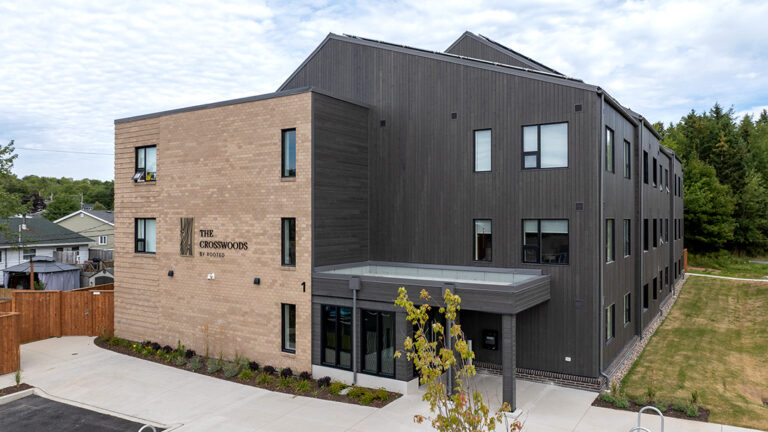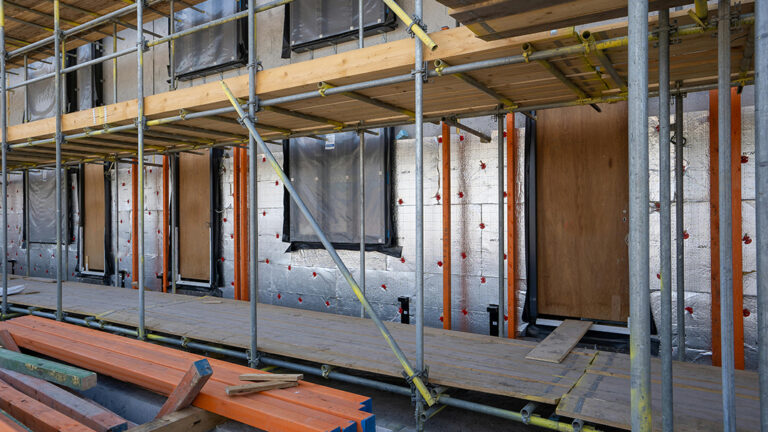Being a housing manager is rewarding, but not for the faint-hearted. And for those working on reserve, it can be a lonely career path—something the First Nations Housing Professionals Association hopes to remedy. Since 2019, it has been working to professionalize this career path and offer its support to housing professionals across the country.
Being a housing manager is no easy task, but working on-reserve—or with a primarily First Nations clientele—comes with its own unique set of challenges. “It’s a relentless job. It is a very difficult job and probably one of the most difficult in our communities,” admits Candace Bennett, executive director at First Nations Housing Professionals Association.
“Housing managers normally reside within the community. So, they are never not working. If something happens in a tenant unit, some structural breakdowns or system failures—[because] there is always something going on—housing managers are called [on] 24 hours a day, 7 days a week.”
Although situations vary from community to community, on-reserve housing is generally funded through the federal government and managed by band councils. With many years of First Nation housing management under her belt, Bennett is well versed in servicing First Nations communities and understands the barriers and challenges that housing managers are faced with.
They are front-line workers who need to understand their clients and, as in any other professions, require support and education to build and enrich their skills.
“In order to keep rental units in good condition, it requires planning, managing and collecting rent or occupancy charges. [Otherwise], where are you going to get the money to maintain those units?”
While off-reserve tenancies are governed by provincial and territorial landlord-tenant legislation, tenant rights and obligations on-reserve are more ambiguous, with housing managers having the added challenge of often being related to, or close friends with, the people whose rent they collect.
“If your council accepts a [recommendation to do rent collection and arrears management] and wants you to go out and do [it], you could be evicting your own members, your aunts, your uncles, your cousins, your friends, your next-door neighbour,” Bennett explains.
But although the job itself can be daunting, it can also be very rewarding. Since housing is such a personal issue, professionals often deal with complex situations where they have an opportunity to play an integral role in their community.
And that is why the First Nations Housing Professionals Association was created.

Filling in the gaps
In 2018, two dozen housing professionals from across the country came together at a housing management incubator to talk shop about the unique challenges faced by First Nations housing managers. It became evident that a national body was sorely needed, not only to raise the profile and capacity of the housing management discipline, but to fill the gap in education and set new standards and competencies.
“I’ve been working in the industry going on 22 years now. And a lot of our board members have 20, 25, 35 [years of experience],” says Bennett.
“I guess what was really brought to light, [during] the housing management incubator meetings was the gap in education and training for housing managers and the unrecognized career path for those who stick to it.”
So, the non-profit First Nations Housing Professionals Association was incorporated in 2019, with the expressed goal to provide much-needed leadership and support to housing managers working on-reserve or with a primarily First Nations demographic.
Governed by a founding board consisting of housing professionals and a First Nations education specialist, the FNHPA promotes “quality standards, practices, certification, and professional development to expand capacity for members and First Nations organizations,” their website explains.
Although education is an important perk, housing professionals who aren’t interested in taking First Nation Housing Professional courses, or pursuing certification, can still benefit from becoming members, by having the the opportunity to network among like-minded individuals. And for Bennet, exchanging with peers makes the job that much more rewarding.
“We have a very extensive knowledge circle, which is available to our members, [as well as] over 400 English resources, with equivalents [in] French.”
Looking to the future
FNHPA’s primary goal is to strengthen the housing management capabilities of First Nations organizations in Canada. Certified members are given all the tools necessary to maximize their use of resources and deliver quality programs, while benefiting from a support network that truly understands the challenging, yet deeply rewarding, nature of the work.
And the future looks bright.
“In the next five years, I envision a network of 250 – 300 First Nations housing professionals,” says Bennett. “Of course, we are not just focusing on-reserve, we want the profession to really encompass all of the First Nations housing industry. I would love to see representation in all parts of the First Nation housing industry.”
To learn more about First Nations Housing Professionals Association, or to become a member, visit www.fnhpa.ca.



